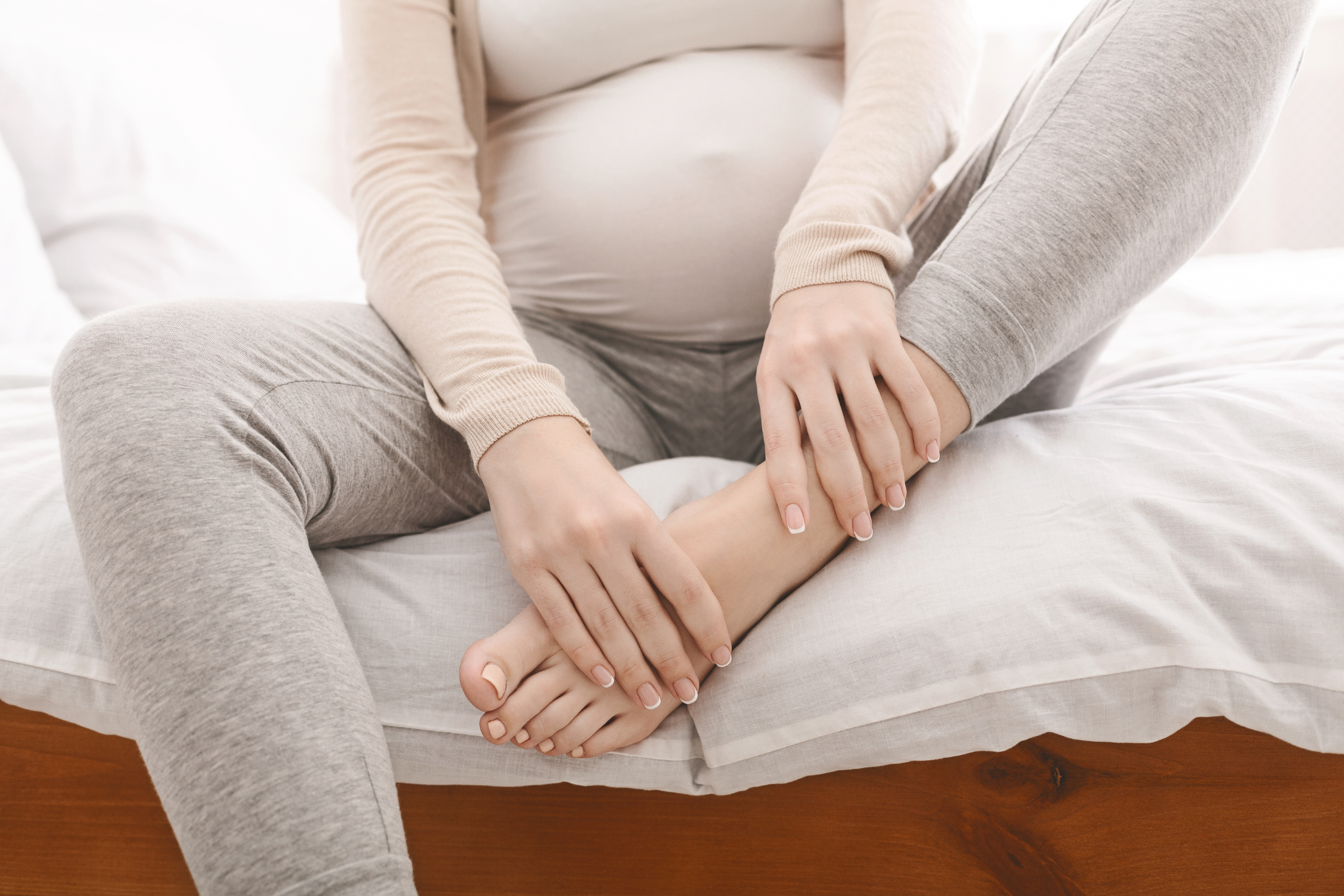Pregnancy and Foot Health: Common Issues and Solutions
Pregnancy, a miraculous journey filled with joy, anticipation, and profound bodily changes, is often celebrated for the beauty of bringing new life into the world. Yet amidst the excitement, expecting mothers may not realize the significant impact pregnancy can have on their feet.
Yes, those trusty companions that carry us through our daily lives may require extra attention and care during the nine-month journey of pregnancy. Let’s embark on a deeper exploration of pregnancy and foot health, understanding the common issues and discovering effective solutions to ensure the well-being of both mother and baby.
Acknowledging the Impact of Pregnancy on the Feet
Pregnancy is a transformative experience for the entire body, and the feet are no exception. As the body nurtures new life, it undergoes various changes to accommodate the growing baby. These changes can manifest in the feet in numerous ways, leading to discomfort and even pain for some women. From hormonal fluctuations to the physical strain of carrying extra weight, pregnancy can take a toll on the feet, making it essential to pay attention to their health and well-being.
Changes in Foot Anatomy
During pregnancy, the body produces hormones such as relaxin, which relaxes the ligaments and joints to prepare for childbirth. While this hormonal shift is crucial for the birthing process, it can also impact the structure of the feet. The arches may flatten, leading to a condition known as flat feet or overpronation.
Additionally, the increase in body weight places added pressure on the feet, altering their biomechanics and potentially causing issues such as swelling and edema.
Common Foot Issues During Pregnancy
Swelling and edema in the feet are prevalent during pregnancy due to increased fluid retention and pressure from the growing uterus. This swelling can be particularly pronounced in the later stages of pregnancy and may lead to discomfort and difficulty fitting into shoes.
To manage swelling, it’s crucial to elevate the feet whenever possible, avoid standing for prolonged periods, and wear compression stockings to promote circulation. Additionally, staying hydrated and consuming a balanced diet can help regulate fluid levels in the body.
Flat feet and overpronation are also common issues experienced during pregnancy, often resulting from hormonal changes and increased weight bearing on the feet. These conditions can contribute to discomfort and may increase the risk of developing other foot problems such as plantar fasciitis, a painful inflammation of the tissue along the bottom of the foot.
Choosing Appropriate Footwear
Selecting the right footwear is crucial for maintaining foot health during pregnancy. Opt for shoes with ample arch support, cushioning, and a wide toe box to accommodate any swelling or changes in foot size.
Avoid high heels and opt for low-heeled shoes with a stable base to reduce strain on the feet and ankles. If you’re experiencing specific foot conditions such as plantar fasciitis or overpronation, consult with our experienced podiatrists to explore orthopedic options tailored to your needs.
Foot Care Practices During Pregnancy
In addition to wearing supportive footwear, practicing good foot hygiene is essential during pregnancy. Regularly inspect your feet for any changes or signs of infection, and keep your toenails trimmed to prevent ingrown toenails and other issues. Moisturizing your feet can also help prevent dryness and cracking, particularly as the skin may become more prone to irritation during pregnancy.
Managing Discomfort and Pain
If you experience discomfort or pain in your feet during pregnancy, there are several strategies you can try to find relief. Applying ice packs to swollen areas, elevating your feet whenever possible, and gentle massage techniques can help alleviate pain and reduce swelling. It’s also important to listen to your body and avoid activities that exacerbate discomfort, such as standing for long periods or wearing unsupportive footwear.
While the tips mentioned above can help alleviate common foot issues during pregnancy, every woman’s experience is unique. If you’re experiencing persistent foot pain or discomfort, don’t hesitate to contact our knowledgeable team for personalized advice and treatment options. They can offer tailored recommendations based on your specific needs and help ensure a comfortable and healthy pregnancy journey for you and your baby.
Taking care of your feet during pregnancy is essential for your overall comfort and well-being. By understanding the common issues and implementing proactive measures to support foot health, you can minimize discomfort and enjoy this remarkable journey into motherhood to the fullest. Remember to listen to your body, prioritize self-care, and seek professional guidance when needed to ensure a happy and healthy pregnancy for you and your baby.
Contact Us!
If you’re experiencing foot pain or discomfort during pregnancy, don’t hesitate to reach out to us for personalized advice and treatment. Your feet play a vital role in supporting you through this incredible journey, so be sure to give them the care and attention they deserve.


